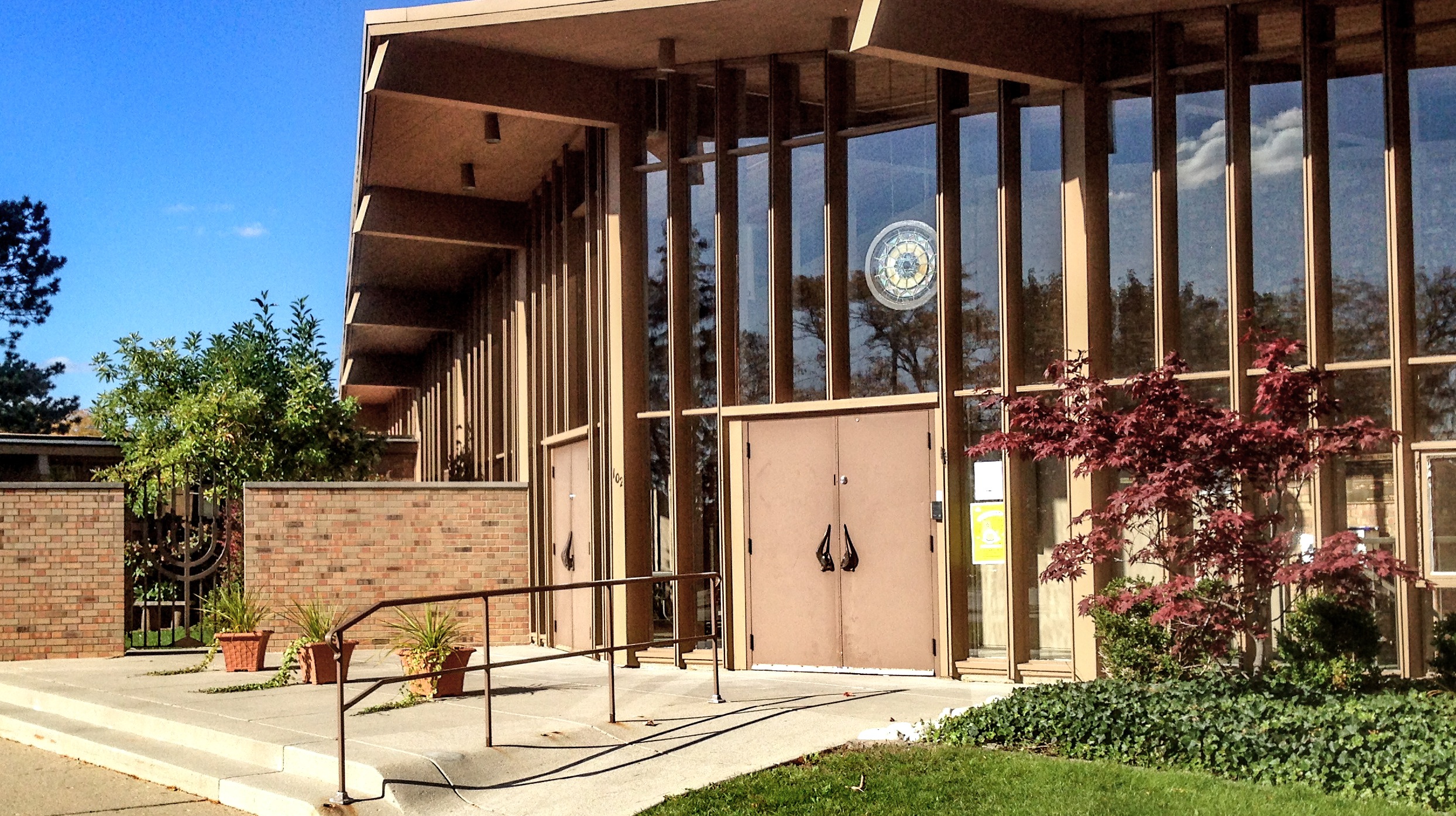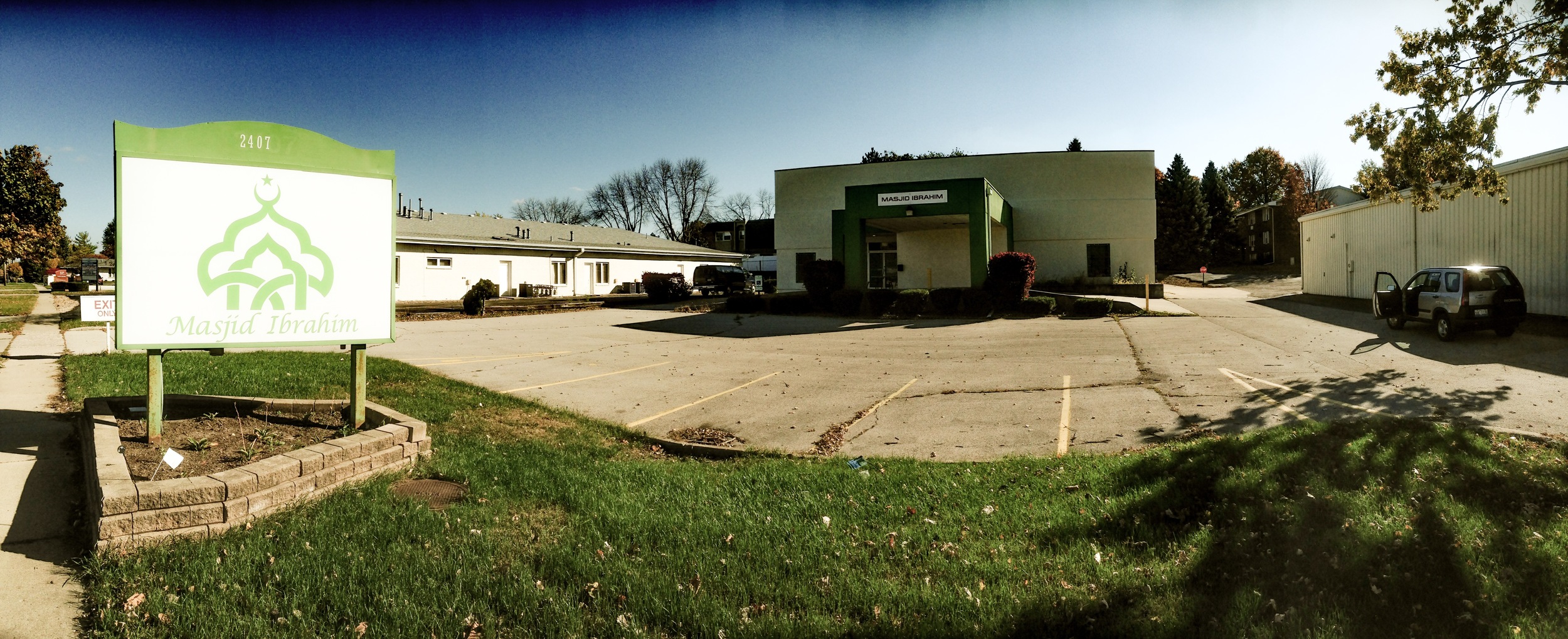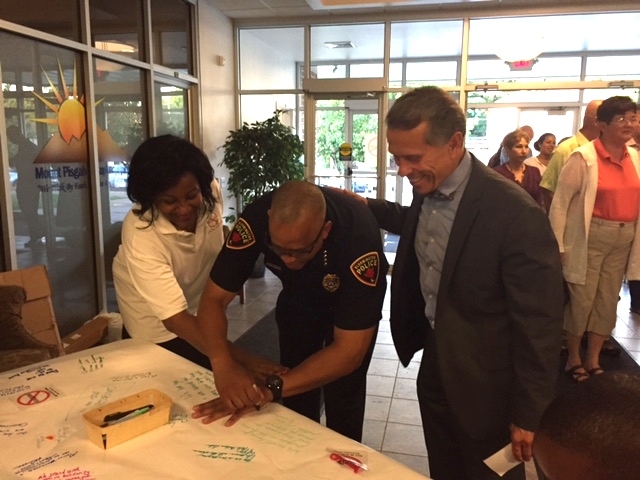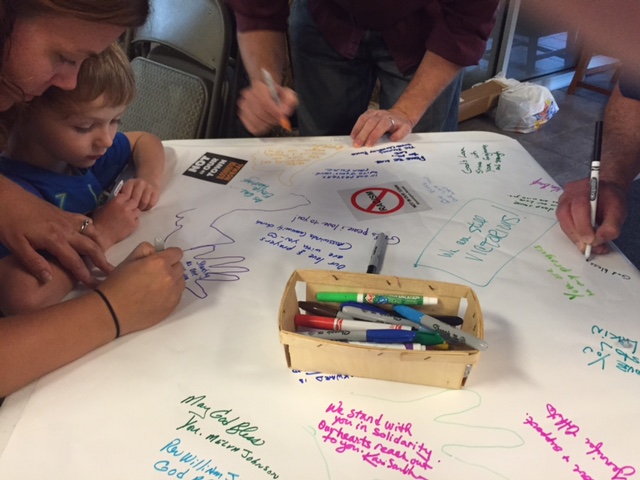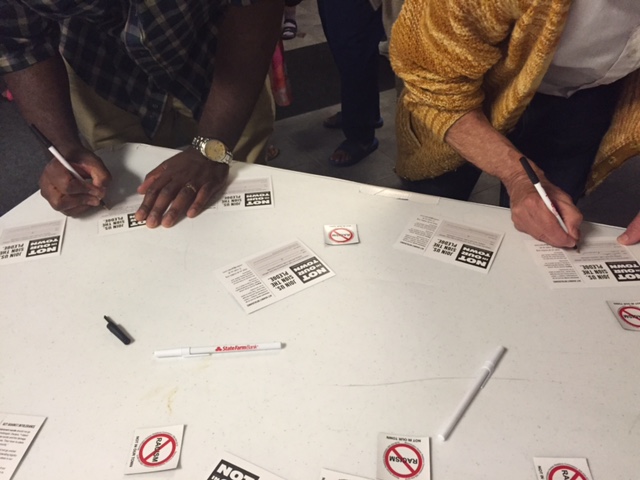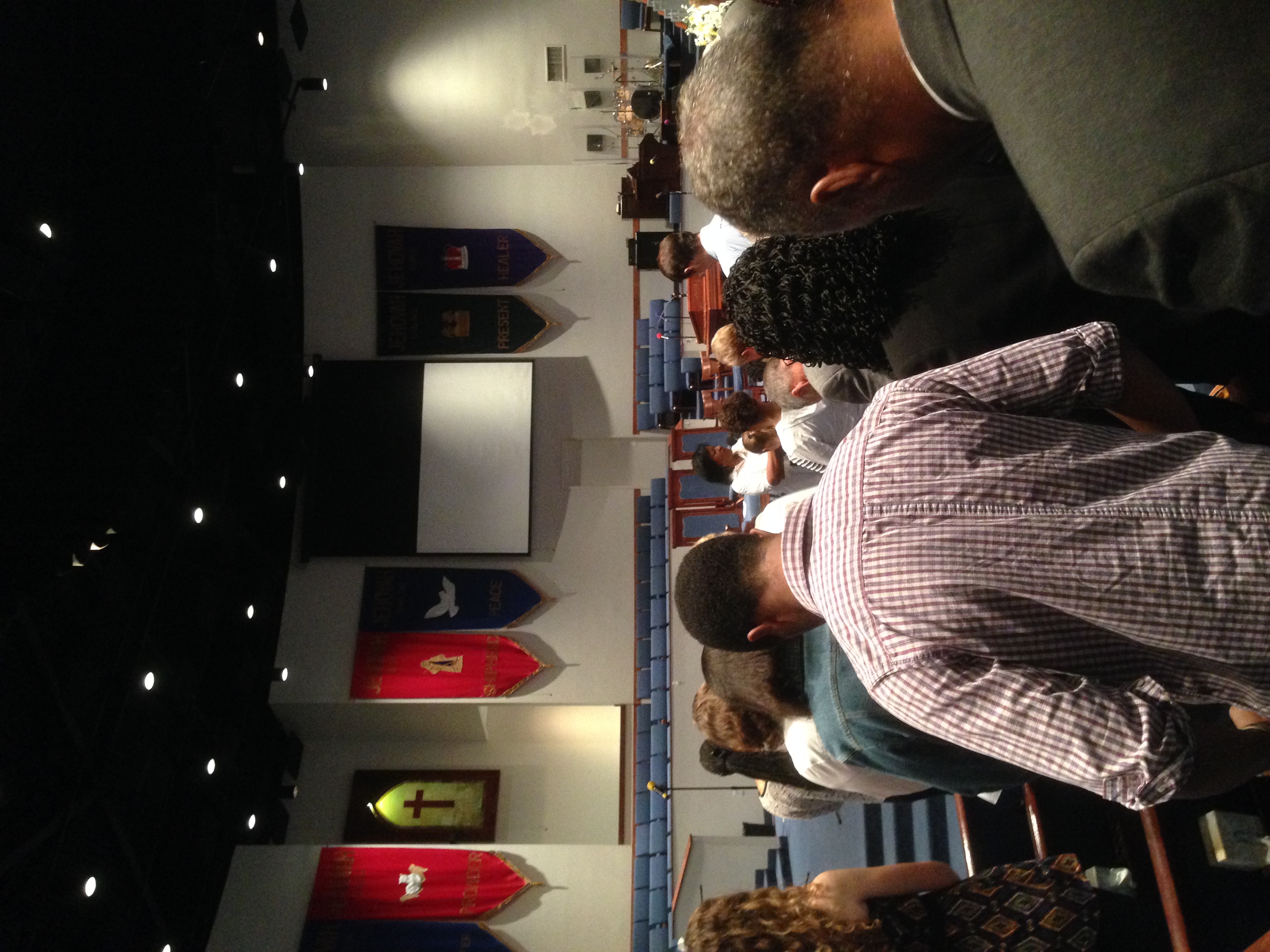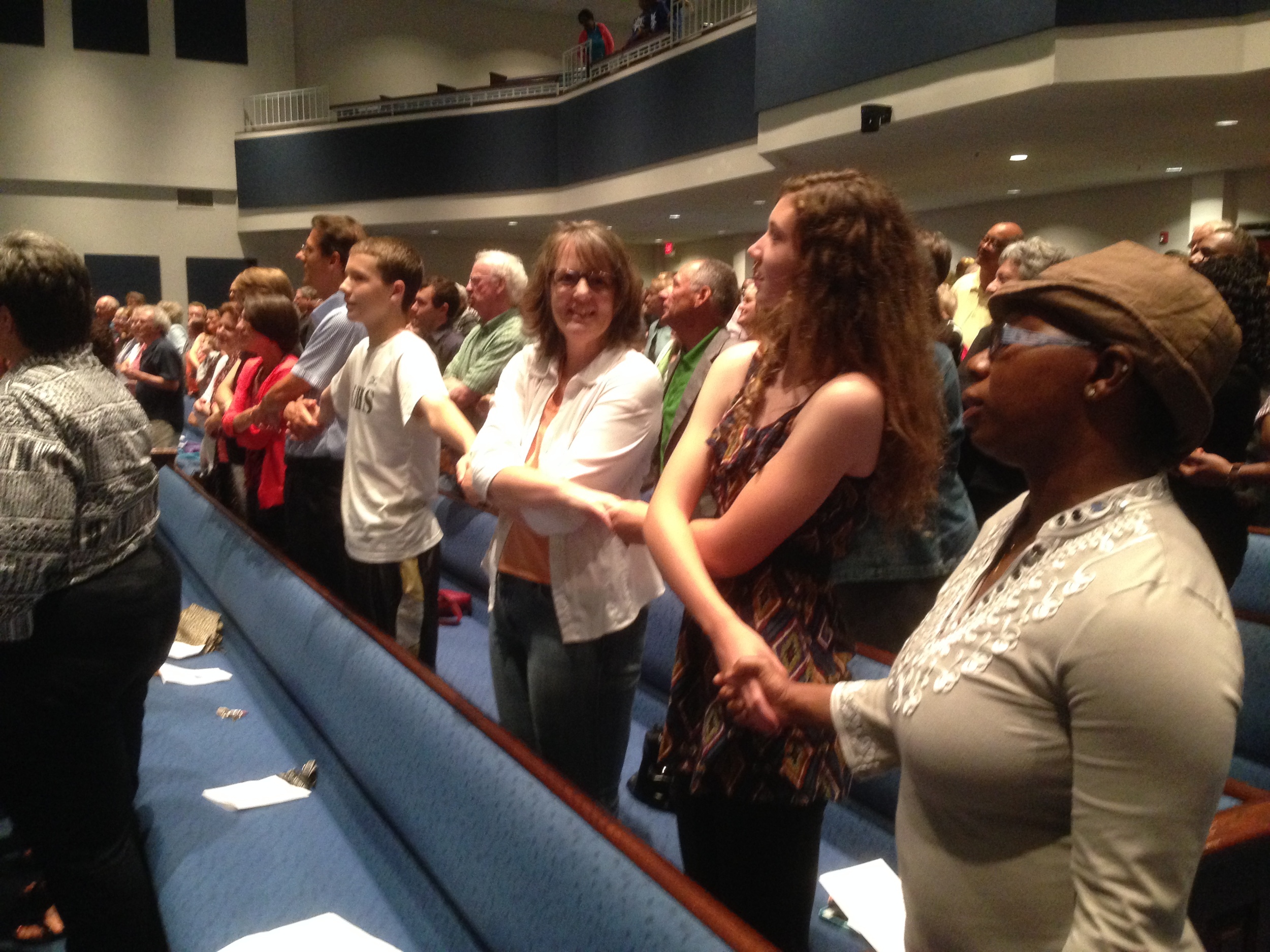Lenore Sobota
Lee News Service
A stark, windowless room with bare walls and hard chairs might be an effective place for police to interview crime suspects, but it's not necessarily the best setting for talking to crime victims.
So when the Illinois State University Police Department was doing a significant remodeling of one part of its offices, Chief Aaron Woodruff decided to add a more comfortable room for those victim interviews.
“It's not a new concept. Other departments have done this,” Woodruff said. “It's been one of my wish list items.”
Although the room can be used for interviewing anyone making a police report, it is particularly intended to put victims of sexual assault and domestic violence at ease, Woodruff said.
“They're both the most severe form of trauma,” he said.
Gail Trimpe-Morrow, coordinator of sexual assault prevention and survivor services at ISU, said the new room is a huge improvement and provides “a space that feels safe and comfortable.”
She said she hopes it will help encourage more victims to come forward and report crimes.
The room formerly used was “pretty sparse” and made victims “feel like they were being interrogated,” Woodruff said.
The new, 12-by-7-foot room is carpeted and has a small couch, a few pillows, two chairs and an end table with a lamp.
One wall is decorated with a simple painting of tree silhouettes and red cardinals. Another wall has a “word cloud” with phrases such as “We believe you” and “We care” along with individual words such as "courage," "understanding" and "support."
“I think the signage is critically important. … The sign sets a supportive tone,” said Trimpe-Morrow.
Woodruff came up with the list of words and basic concept. ISU Printing Services took care of creating the graphics.
Martin's Home Furniture of Bloomington donated furniture for the room.
Interviewing victims “has come a long way,” said Woodruff. “We're more trauma-informed.”
Trimpe-Morrow said being “trauma-informed” means recognizing that trauma victims present themselves in different ways and their recall is different from others.
“The interviewer needs to take things slowly and be more supportive,” she said.
Woodruff said victims need to know “we're going to take them seriously,” and that's an important goal of the new room.
“It lets our campus community know that we do care and we are supportive of victims and survivors of sexual assault,” Woodruff said.
Another advantage of the new room is its location on the opposite side of the part of the department used for interviewing suspects, which makes it less likely that the victim and suspect will cross paths while at the police department,” he said.






